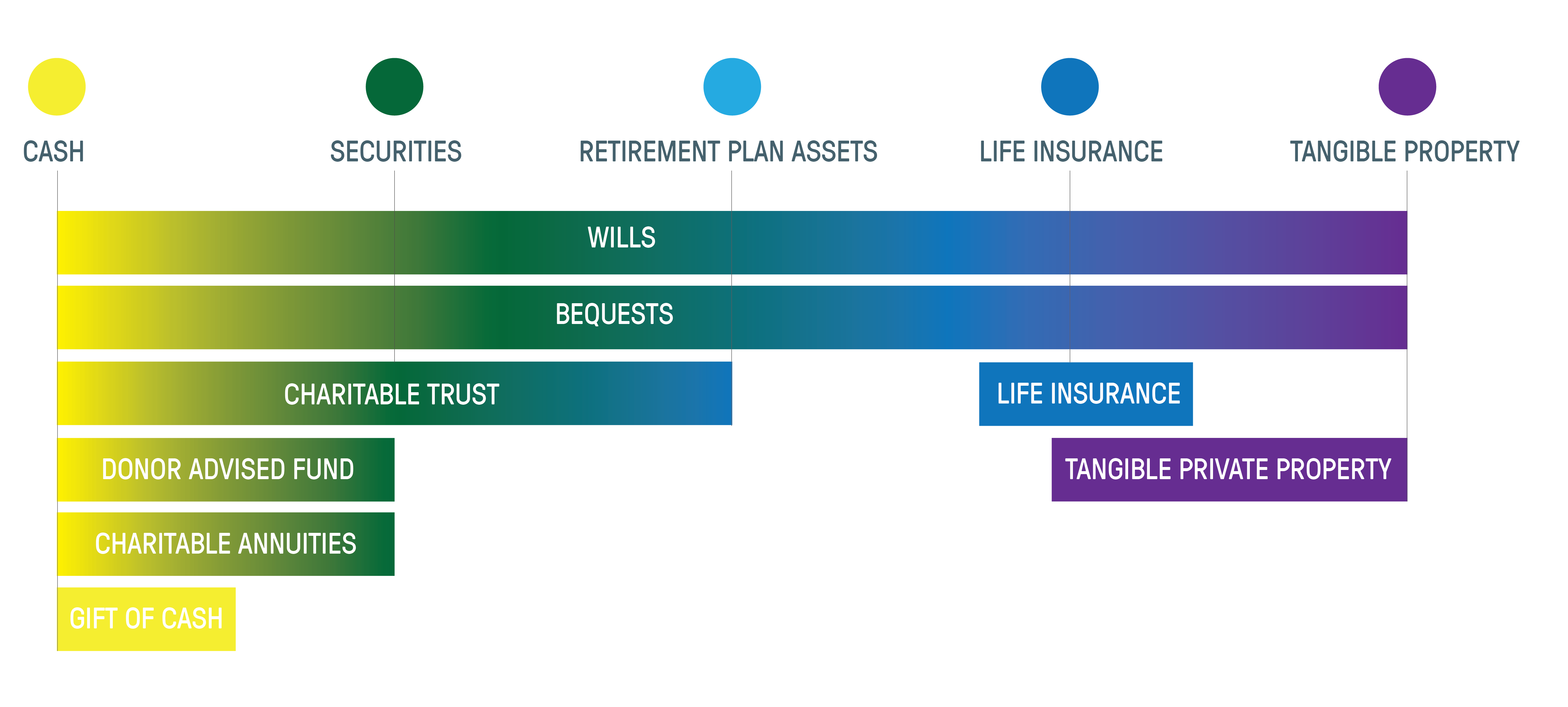Any funds withdrawn during life from an IRA or other tax-favored retirement plan (other than Roth IRAs) will normally be subject to income tax. If the funds are then donated for charitable use, there is an offsetting charitable income tax deduction and, when properly structured, the transaction can be a wash for tax purposes.
Designating a charitable remainder trust as beneficiary: While tax-free transfers from IRAs to trusts and other split-interest gifts are not possible during lifetime, it is possible to name a charitable remainder trust (CRT) to receive the balance of an IRA at death. In this case, the money is not subject to income tax on the transfer from the IRA to the CRT because of the CRT’s tax exemption under Code section 664(c). The individual beneficiary of the CRT simply pays income tax on the distributions he or she receives from the trust.
Upon the transfer from the IRA to the CRT, an estate tax charitable deduction is allowed for the value of the remainder interest in the trust as determined under IRS regulations.
Donors and advisors should always check the latest statutes and regulations prior to completing gifts in this manner.






 Donate Now
Donate Now  Sponsor
Sponsor 







